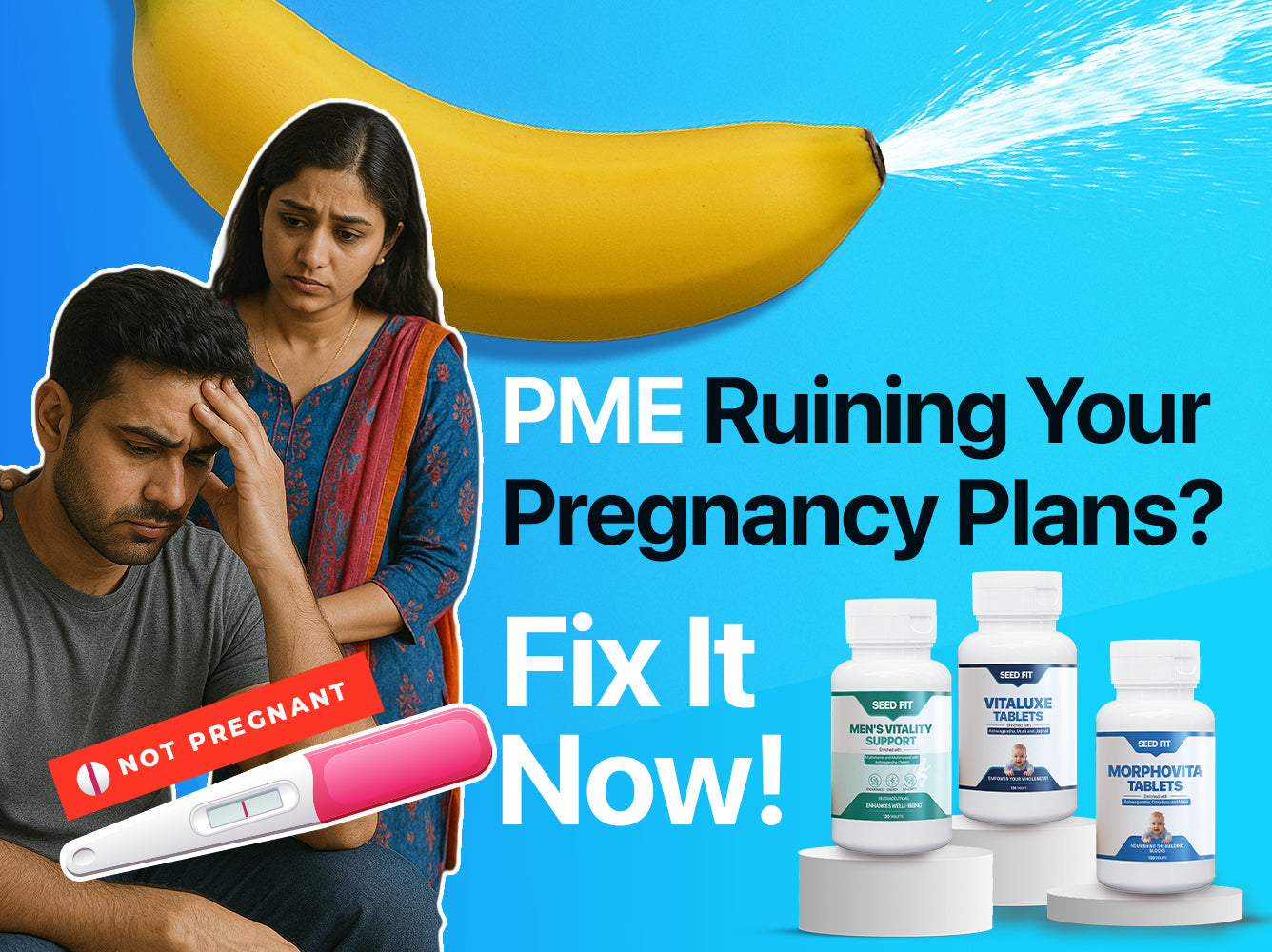In recent years, doctors and fertility experts have noticed a rising trend: more and more young women are experiencing poor egg quality and low ovarian reserve—even in their early 20s and 30s. This is no longer rare or shocking; it’s becoming a common concern among women trying to conceive.
But why is this happening so early?
The Root Cause Behind Poor Egg Quality in Young Women
Leading fertility experts attribute this growing problem to a mix of modern lifestyle habits, daily routine and environmental changes. While women today are more empowered and informed than ever, the fast-paced urban lifestyle is silently disrupting their hormonal balance and reproductive health.
Here are the top reasons for declining egg quality in young women:-
1. Chronic Stress & Burnout
Work pressure, emotional imbalance and constant connectivity have led to high cortisol levels, which negatively impact hormonal health and ovulation cycles.
2. Poor Dietary Choices
High intake of caffeine, junk food and processed meals lacks the essential nutrients required for ovarian function and egg nourishment.
3. Late Nights & Poor Sleep Hygiene
Disrupted circadian rhythm and inadequate rest hinder the body’s ability to regenerate hormones naturally—an essential function for reproductive wellness.
4. Environmental Toxins & Pollution
Exposure to chemicals in food, skincare, plastic containers and polluted air causes oxidative stress, directly harming ovarian cells.
5. Sedentary Lifestyle
A lack of physical movement leads to poor blood circulation, which affects the ovaries and reproductive system over time.
Consequences of Poor Egg Health
Declining egg health doesn’t just make it harder to conceive. It also increases the chances of:
-
Irregular menstrual cycles
-
Hormonal imbalances (e.g. low estrogen or AMH)
-
Premature ovarian aging
-
Higher risk of miscarriage or IVF failure
Can Egg Quality Be Improved Naturally? YES.
The good news is: egg health is not permanent—it can be improved. Through mindful lifestyle changes and targeted nutritional support, many women have successfully reversed early egg depletion and conceived naturally.
Here’s how:
Follow a Fertility-Friendly Diet
Include foods rich in antioxidants, folate, omega-3s, and zinc. Avoid caffeine, processed sugar, and trans fats.
Exercise Regularly
Moderate daily movement, yoga, or strength training boosts circulation and reduces inflammation.
Manage Stress
Meditation, journaling, deep breathing, and therapy can bring your body back to hormonal balance.
Fix Your Sleep Cycle
Go to bed and wake up at the same time daily to reset your internal reproductive clock.
Along with lifestyle changes, many women are turning to trusted, natural supplements to restore hormonal balance and enhance fertility.
SEED.FIT Female Fertility Boosting Kit is one such advanced support designed to:
-
Support egg health and ovarian reserve
-
Naturally balance hormones
-
Reduce oxidative stress
-
Strengthen reproductive function from within
Formulated with scientifically backed herbs, antioxidants and vitamins, SEED.FIT is helping countless women take back control of their fertility—naturally and safely.
Final Thoughts
Poor egg quality in young women is no longer a rare condition—it’s a wake-up call. But with early intervention, the right nutrition, and natural fertility support like SEED.FIT, there is hope. Every woman deserves a healthy, fertile future—and that journey begins with awareness and action.




